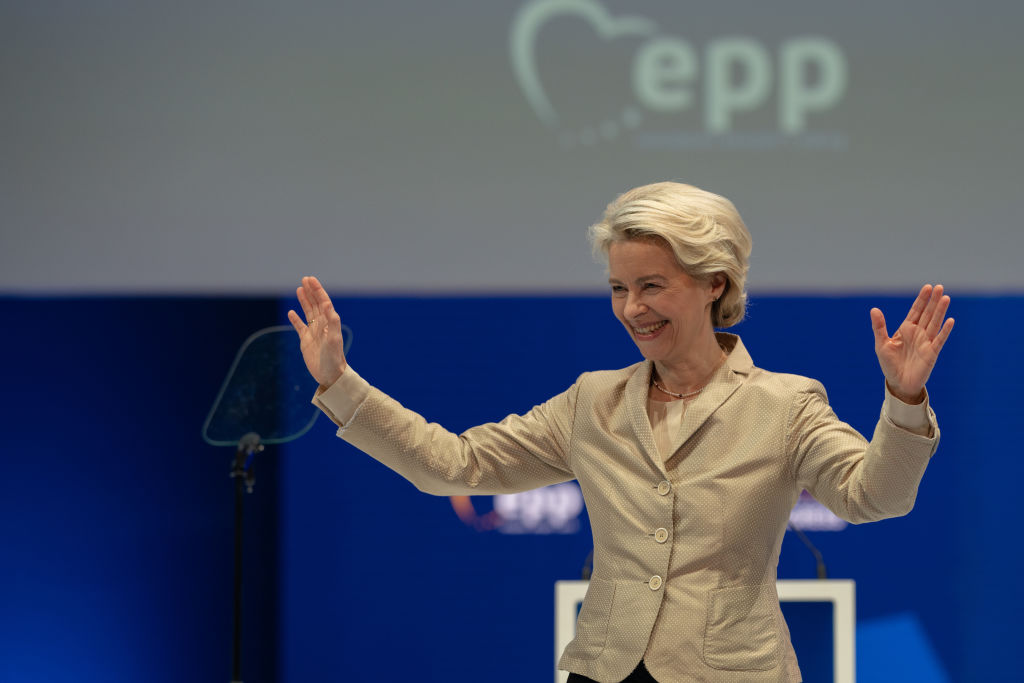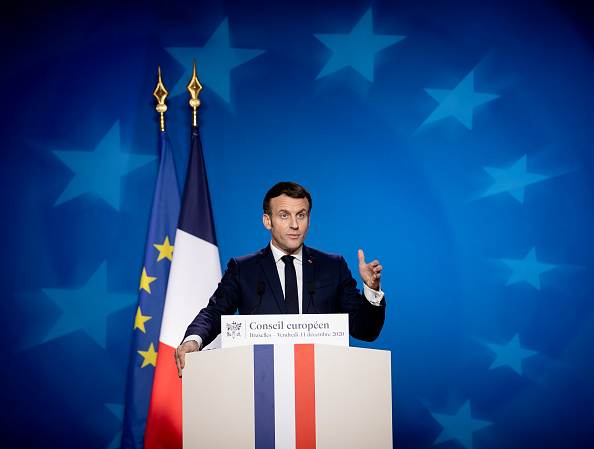Something is missing from the UK’s general election this summer. It is the subject that has been the central leitmotif of Britain’s politics ever since Margaret Thatcher’s speech to the College of Europe in Bruges on September 20 1988.
In that famous speech the then Prime Minister stated: “My first guiding principle is this: willing and active cooperation between independent sovereign states is the best way to build a successful European Community . . . Let Europe be a family of nations, understanding each other better, appreciating each other more, doing more together but relishing our national identity no less than our common European endeavour.”
The speech was a response to another one earlier that month. In Bournemouth on England’s south coast the then European Commission President Jacques Delors told the Trades Union Congress that Britain’s Left should embrace the European project.
The Labour party had stood in the 1983 election on a pro-Brexit platform, although of course no-one would use that term for another 30 odd years. By the next election in 1987, another crushing defeat for the Left, Labour was still at most ambivalent to European integration.
Delors came to tell the assembled trade unionists that what they had lost in Britain as a result of the Thatcher revolution they could get back via Brussels – or the Back Delors, as Britain’s tabloids soon christened it.
These two visions of Europe were at the very heart of the UK’s political debate from 1988 to its final culmination on Brexit Day, January 31 2020. Of course, the positions gradually mutated – Thatcher never spoke of withdrawal, it did not morph into a mainstream position until the early 2010s – but they were nevertheless the essence of British politics for over thirty years.
In this year’s election Europe is very largely absent as a political issue. Those politicians who put every effort into reversing the 2016 Brexit vote, and campaigning for a second referendum – including Labour leader Keir Starmer and Liberal Democrat leader Ed Davey – are happy to leave the issue in abeyance.
Labour says Brexit is settled and even the Liberal Democrats, for whom pro-Europeanism alongside electoral reform was the main raison d’etre, only make muted sounds.
The Lib Dem manifesto states:
“Once the trading relationship between the UK and the EU is deepened, and the ties of trust and friendship are renewed, [we] aim to place the UK–EU relationship on a more formal and stable footing by seeking to join the Single Market. We believe Britain’s best future is at the heart of Europe – and our long-term ambition is to see the UK in that place once more.”
All gradualism and long term aspirations.
Labour won’t even go this far and explicitly rules out rejoining the Single Market, or rather any arrangement that would mean free movement – which is, of course, an automatic corollary of single market membership.
Why has the Europe debate disappeared, Chimera-like, from the UK’s political debate? One thing we can be certain of, it is not that the political forces who opposed Brexit – a good half of the Conservative party, the vast majority of Labour, every last Liberal Democrat – have suddenly changed their minds.
It is also not because there is no support for Rejoinism. Polls suggest that roughly half the electorate, or ever so slightly over half, would vote to Rejoin tomorrow. It is a theoretical question as no one is offering such an option, and in a real campaign, I would argue, it is highly likely that support for the EU would dip. But nonetheless there clearly is a significant section of the electorate that would support rejoining.
No, the reason is the nature of Britain’s first past the post electoral system. In the UK not just the number of votes you get matters, it matters where they are. The election is fought in 650 constituencies in each of which the winner takes it all.
In the 2019 election, by playing the “Get Brexit Done” message, the Tories under Boris Johnson gained a whole lot of seats in the North of England which had traditionally been Labour, the so-called Red Wall. These seats are strongly pro-Brexit and strongly opposed to untrammelled immigration. Labour needs to regain them at next month’s election – as it almost certainly will. Suggesting that the UK might be re-embracing Brussels would put this in jeopardy.
Target seats also explain the Liberal Democrats’ reticence. A Rejoin platform may have played well in the much diminished Lib Dem current heartland of South West London, but rather less so in their once and perhaps future heartlands of Brexity rural South West England.
For those of us who support Brexit, we can be thankful for the vagaries of Britain’s electoral system.






The 1999 EU elections delivered Brexit twenty years on – here’s why